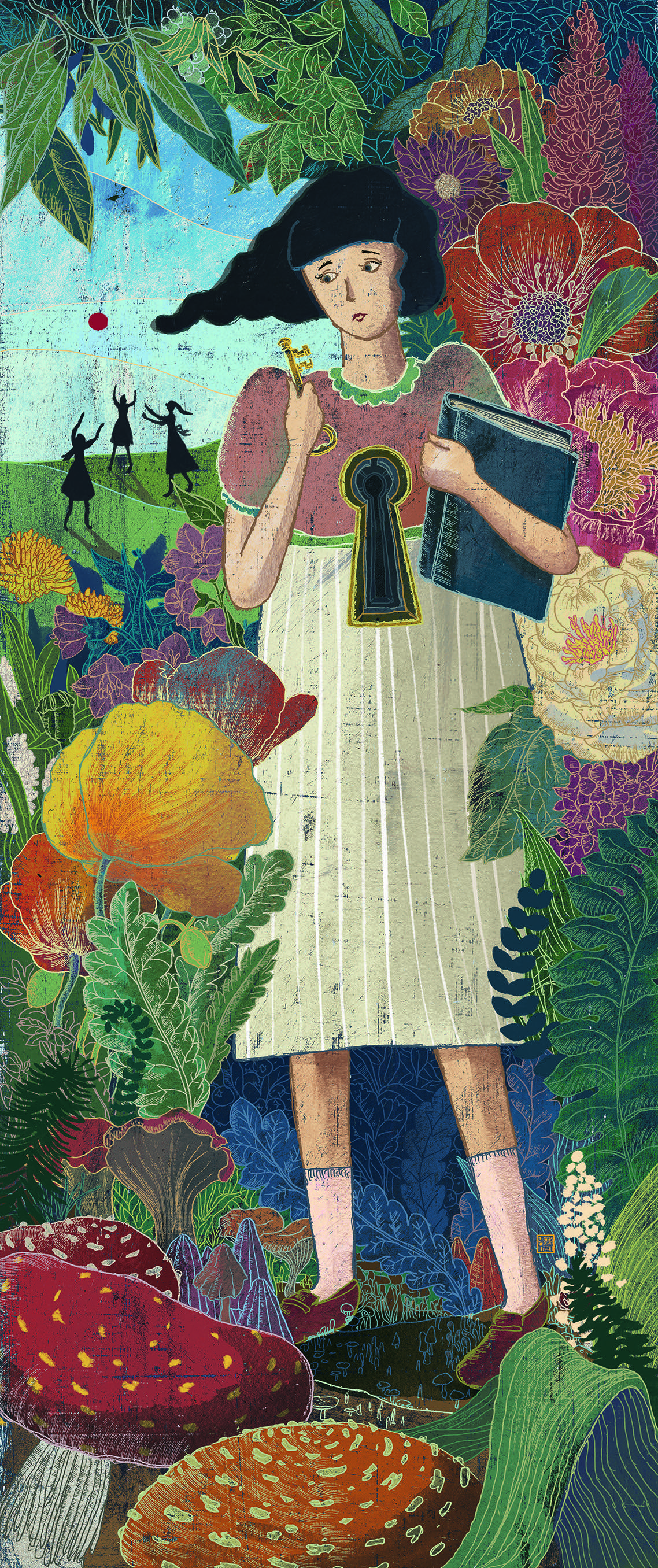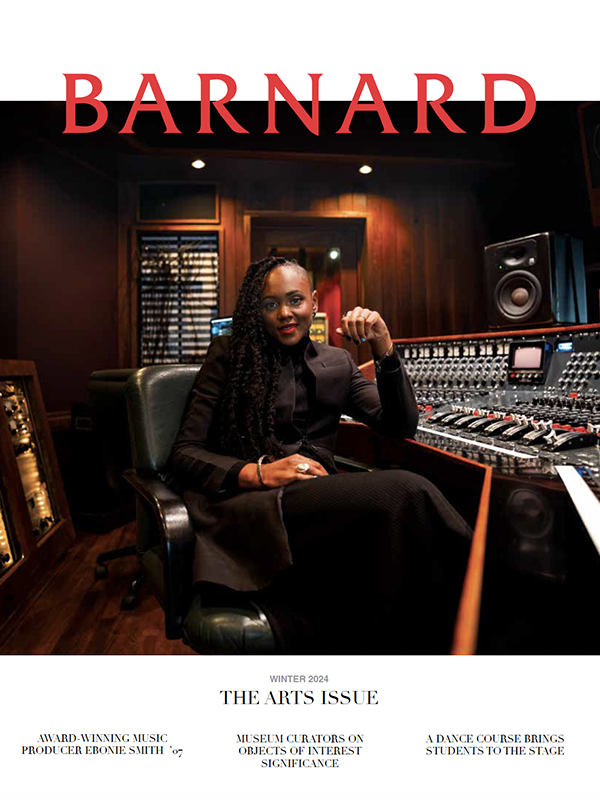 Did this really happen to you? It’s a question many fiction writers get asked, in bookstore readings and at parties. I’m bracing for a fresh wave of it, with a new novel on the way about a damaged, talented girl named Rainey Royal and her troubled friends. Why do you know about strip clubs? I expect to get asked. Did you bully other chicks? Did your father sleep with his students—if you don’t mind my asking? Did your mother leave home?
Did this really happen to you? It’s a question many fiction writers get asked, in bookstore readings and at parties. I’m bracing for a fresh wave of it, with a new novel on the way about a damaged, talented girl named Rainey Royal and her troubled friends. Why do you know about strip clubs? I expect to get asked. Did you bully other chicks? Did your father sleep with his students—if you don’t mind my asking? Did your mother leave home?
I don’t mind your asking. (And he didn’t, and she didn’t.) But I wasn’t prepared in 2009, when my first story collection, Normal People Don’t Live Like This, came out, for my parents to sit me down in their red-walled living room in Larchmont, N.Y., and soberly ask if we could talk about “Jazz.”
“Jazz” is the first story in that book. Rainey is 13 then, a girl lying under her father’s best friend in Central Park. It’s dusk, and throughout the story, Richard has her pinned to the grass. She’s flirted with him before. But now Richard is peeling up her top, working at her jeans. A therapist would say Rainey dissociates.
My parents, married half a century, studied me hard. My father asked, “Did one of our friends ever do this to you?” I was so startled, and felt so violated, I barked out a laugh.
Not long afterward, a thin-faced girl with long hair, a graduate student at California State University at Long Beach, tentatively raised her hand in the auditorium. “Did you draw from experience to write ‘Jazz’?”
At the podium I panicked. Yes, I thought. No.
Did this happen to me?
But I admired her for asking. Because I understood, watching my parents, that it wasn’t easy to ask. They asked as parents. This girl’s a writing student, I told myself. She’s asking about writing, consciously or not. She needs to know: Must a writer sink through darkness in order to make art of it? Conversely, if one has fallen through darkness, can one still make the art?
I decided that telling this young woman the mere truth would do an injustice to several souls. One was my son, who was then barely out of high school. One was me: I felt entitled to some privacy. And one was the student herself: she would grasp the story no better if she knew that, in fact, I had been molested repeatedly as a teenager, though not (as I truthfully swore in that red living room) by anyone my parents knew.
And certainly not by anyone like Richard—a talented jazz musician obsessed with both his victim and her father.
I could have lied to that student so easily. Could have said glibly, “There’s a reason I called it fiction, not memoir.” Instead I dragged my mind out of the dust motes in the stockroom where my molester used to take me, back down the spiral staircase he had me climb. And I stepped into the safe, bright fluorescent light of an Episcopal convent in Manhattan, where Madeleine L’Engle, the late novelist, once taught fiction in the fourth-floor conference room. It was the workshop where I first began writing fiction at the age of 40, after years of being a journalist.
I repeated what Madeleine told her students: that nonfiction is about what is true, but fiction is about truth.
In the Long Beach auditorium, I asked: “Can anyone here say that their physical or emotional boundaries have never been violated?” No one volunteered a hand.
We may start with a fragment of what we know—of what is true—but then we run with it, I said. We spin it out. If transformation occurs, if art achieves liftoff, what’s revealed is human experience: not just the author’s own. At those times, fiction can feel, and be, so full of truth that some readers feel driven to ask: Did this really happen to you?
Dylan Landis ’78 is the author of the novel Rainey Royal, due out in September, and Normal People Don’t Live Like This, a collection of linked stories.
